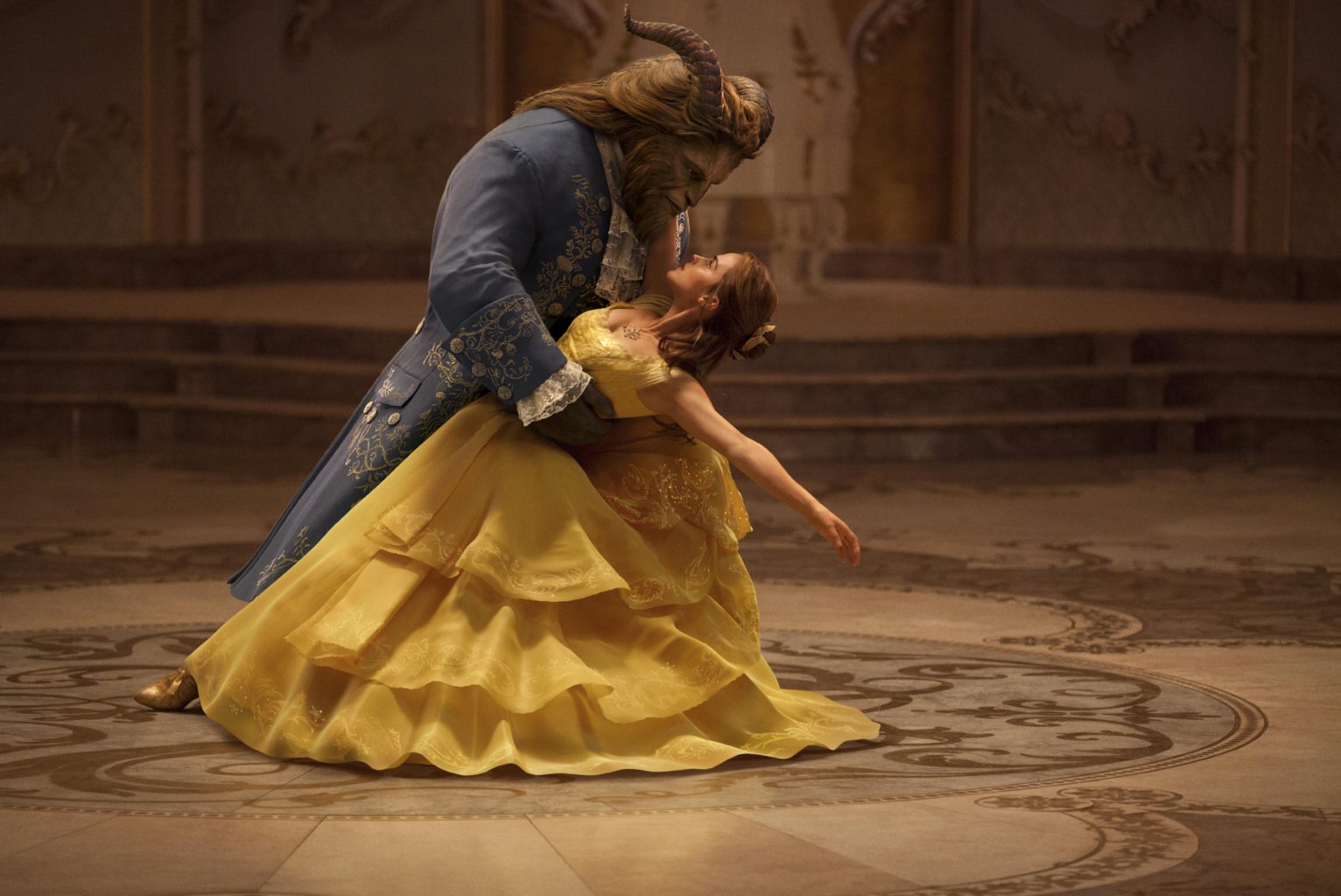Is ‘Beauty and the Beast’ another case of Stockholm Syndrome?
Bill Condon’s live-action Disney film Beauty and the Beast (2017) starring Emma Watson as Belle and Dan Stevens as the Beast has sparked debate around whether it is purely a romantic story about empowerment or a sinister narrative that evokes questions about gender and power relations. Constance Grady, a writer for Vox, has argued that “depending on your reading, the story is either deeply empowering and uplifting or profoundly oppressive and disturbing”.
Originally written by French novelist Gabrielle-Suzanne Barbot de Villeneuve in 1740, the original tale of ‘Beauty and the Beast’ was written for young girls in 18th century France with the purpose of making the daunting prospect of arranged marriages, whereby the girl would leave home to live with her new husband, more appealing. Whilst in the original tale the Beast was welcoming and kind to Beauty, Disney made the Beast a powerful kidnapper with Belle as his hostage. This initiated a new discussion on the romance that develops between Belle and the Beast, with the idea of Belle suffering from ‘Stockholm syndrome’.

Still from Beauty and the Beast: Image.net: Walt Disney Studios
It can be argued that Belle’s character in the film is actually empowering. Unlike all the other women in the village, she’s not concerned with the prospect of marriage and refuses Gaston’s (Luke Evans) persistent offers. Her desire to read, help her father and invent contraptions such as the one she uses for doing laundry, makes her appear content with the idea of being independent and different in a rather judgmental world. Additionally, when her father fails to return from his journey, Belle takes it upon herself to rescue him and demonstrates bravery typical of a male ‘hero’ figure.
Having said that, we can’t ignore the fact that these qualities are not consistent in the remainder of the story. On trading places with her father and sentencing herself to imprisonment in the Beast’s castle, Belle leaves behind her old life and begins to learn more about the Beast from other characters such as Cogsworth (Ian McKellen), Mrs Potts (Emma Thompson) and Lumière (Ewan McGregor) developing sympathies for all of them; including the Beast. What I found particularly odd was that whilst Belle initially refuses to co-operate with the Beast, she warms to him after hearing what others have to say, who by the way, have a vested interest in her falling for him anyhow. When he shows her his library we see a rapid change in the relationship. It’s almost as if, now that she has discovered that her captor is into books too, everything is fine. Or could it just be that he is so different, therefore, he is attractive simply by virtue of that? Or in choosing the Beast, is she further expressing her independence and ability to decide her own fate?
Grady comments that “the power dynamics of her romantic relationship sure do look uncomfortably like Stockholm Syndrome in a modern context”. The Oxford Dictionary definition of Stockholm Syndrome is ‘feelings of trust or affections felt in many cases of kidnapping or hostage-taking by a victim towards the captor’. One could argue that the telling moment occurs when Belle finds out that her father is in danger and the Beast tells her to go. Her hesitation on being told she can leave and the concern she feels towards leaving the Beast demonstrates that she has developed some affection for her captor; this supports Grady’s theory. Emma Watson claims that she studied Stockholm Syndrome and determined that she believes Belle does not suffer from this. Psychiatrist, Frank Ochberg, the man behind the term ‘Stockholm Syndrome’ also gave his input on the character supporting Emma Watson’s argument believing Belle does not go through a period of feeling like she she is going to die, which is a necessary criterion for the term to be applied. However, what can be said is that whatever the case, Belle and the Beast’s relationship or ‘romance’ does not fit the modern blueprint for a healthy relationship.
Overall, the film does do justice to the story in presenting the characters and in subverting the expectations of the female character in places; although this is not necessarily satisfying to a modern audience. There is certainly an argument for Belle suffering from Stockholm Syndrome, but this is also challengeable as to what extent she is. Condon’s adaptation is entertaining and visually stunning; however, as with most films tackling a story that explores the role of women, power and relationships, it has to be expected that this film will not charm everyone.

Comments